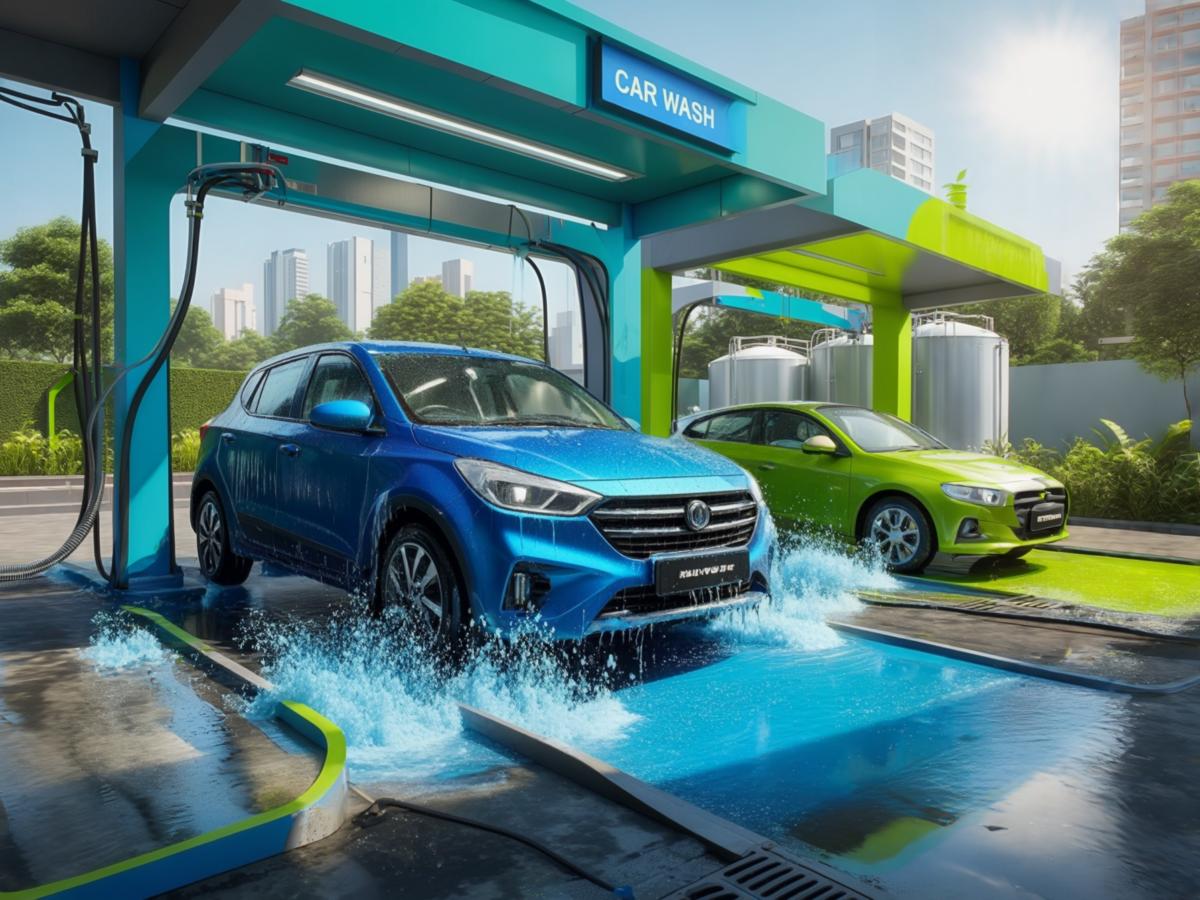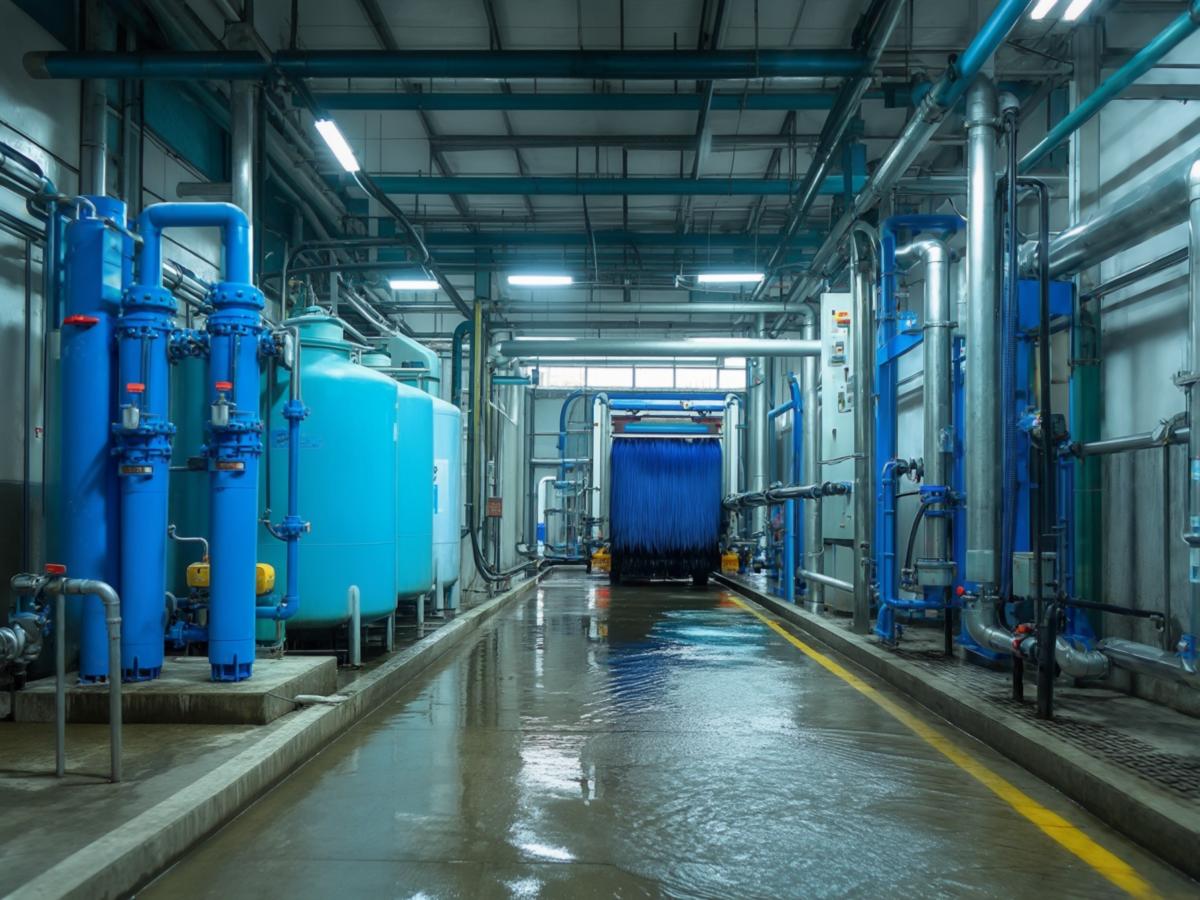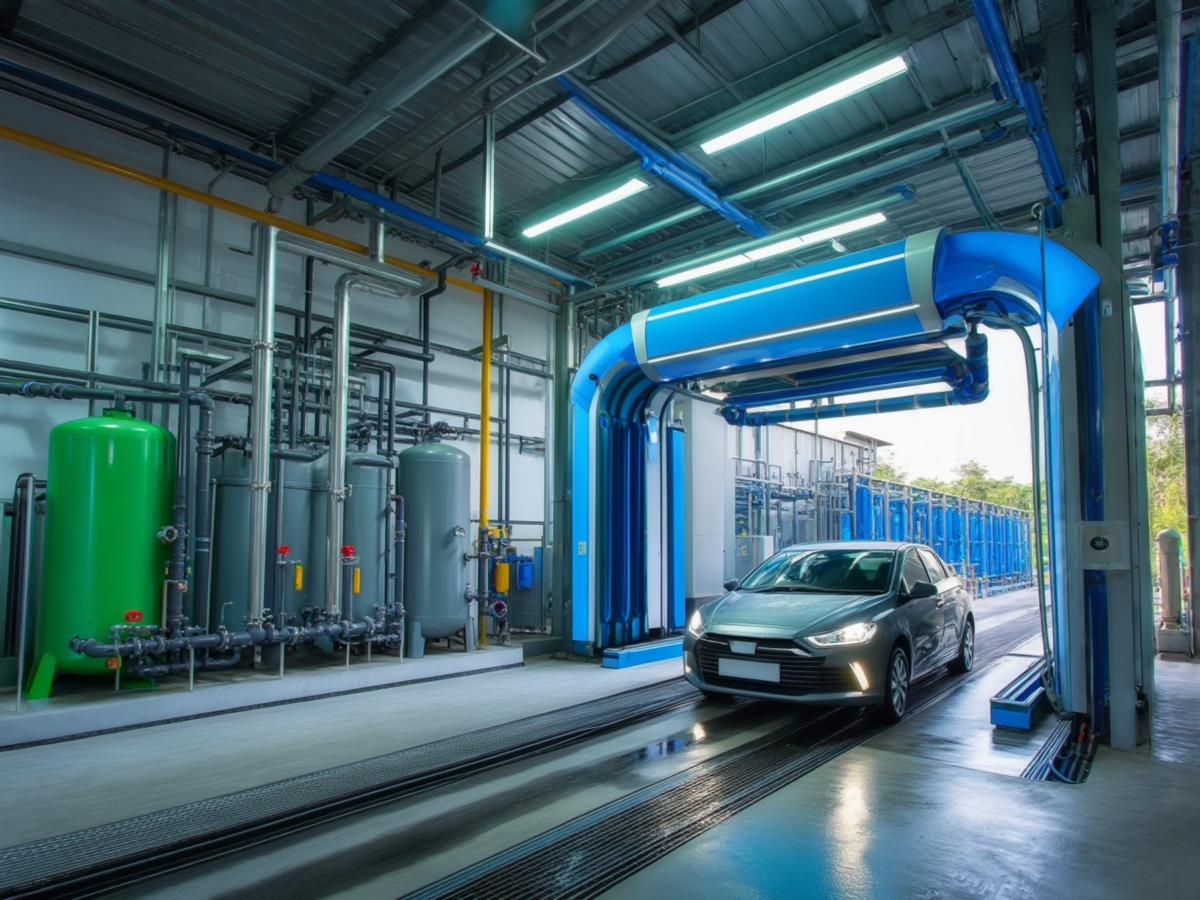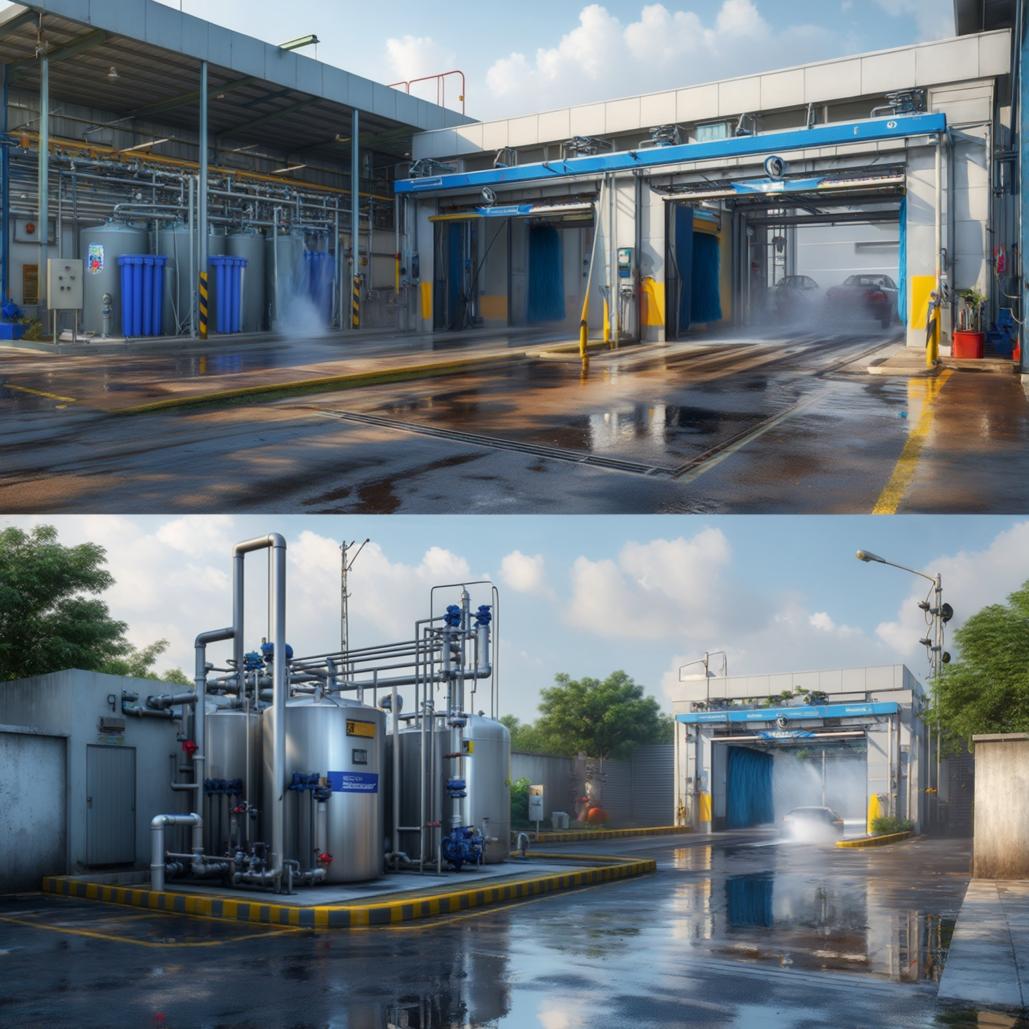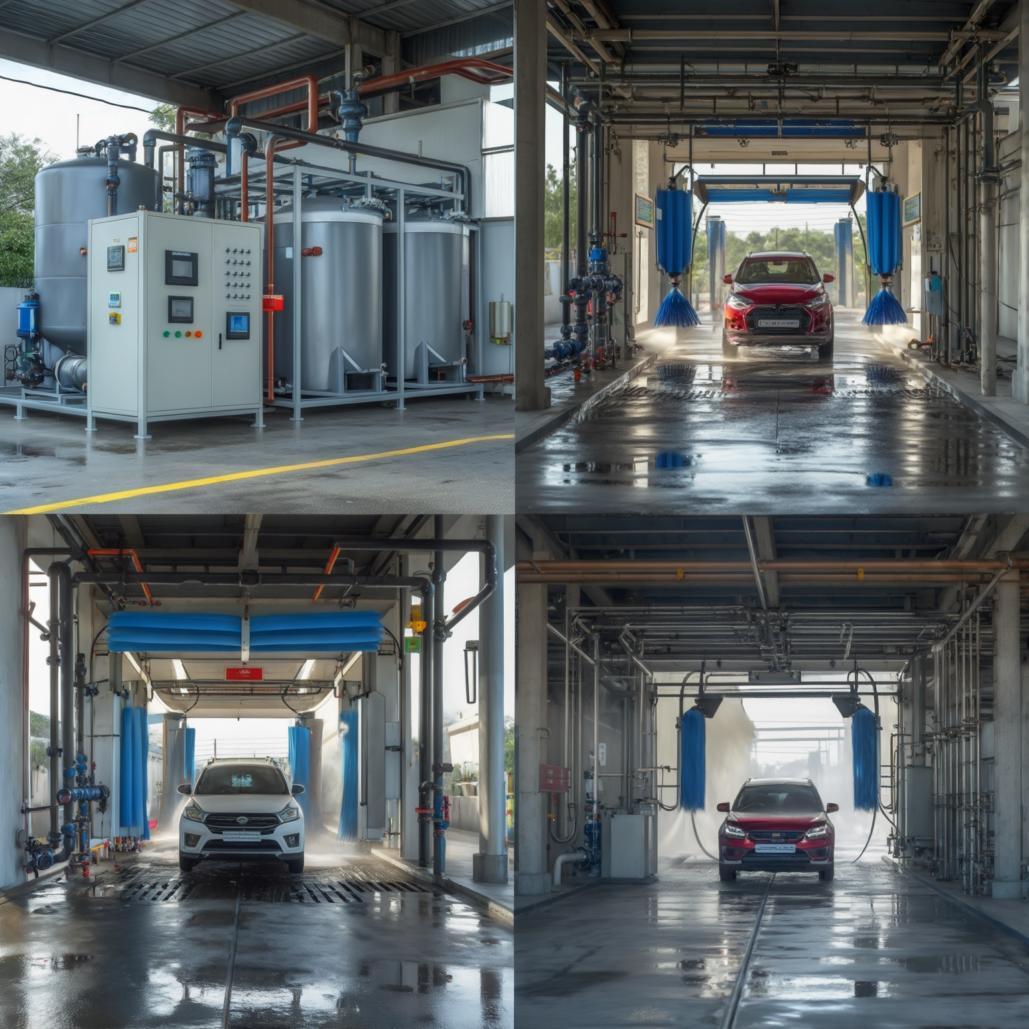
Sustainable Car Wash Solutions: Water Recycling & Eco-Friendly Practices
Explore sustainable car wash water treatment solutions and recycling systems to reduce water usage and protect the environment.
Car washing is crucial for maintaining a vehicle’s cleanliness and longevity. However, traditional car wash methods are often wasteful, consuming vast amounts of water and using chemical-based detergents that can harm the environment. As environmental awareness increases, the demand for sustainable car wash solutions is on the rise. This article explores eco-friendly car wash techniques, water recycling systems, and innovative approaches to reduce environmental impact.
The Environmental Impact of Traditional Car Washing
Conventional car wash methods can be resource-intensive. A single automatic car wash can use up to 100 gallons of water per vehicle, and the runoff may carry pollutants like oil, grease, and chemical detergents into natural water bodies. This not only leads to water wastage but also contaminates ecosystems. Understanding these impacts is the first step toward adopting greener alternatives.
Water Recycling Systems: A Sustainable Solution
Implementing water recycling systems in car wash facilities can significantly reduce water consumption and operational costs. By filtering and reusing wash water, businesses can conserve up to 80% of water per vehicle, leading to substantial savings. Some systems can help car wash owners save over $15,000 annually by reducing freshwater dependency.
Key Components of a Water Recycling System
-
Wash Water Filtration System: Removes dirt, debris, and other contaminants from wastewater.
-
Disinfection Unit: Uses UV light or chemical treatments to eliminate bacteria and microorganisms.
-
Storage Tanks: Hold filtered and treated water for future use.
-
Distribution Mechanism: Reintroduces the treated water into the washing system, minimizing reliance on fresh water.
By integrating these components, car wash businesses can cut costs while reducing their environmental footprint.
Eco-Friendly Car Wash Techniques
Apart from water recycling, adopting alternative cleaning methods can further promote sustainability.
1. Waterless Car Washing
A growing trend in the industry, this technique uses biodegradable cleaning products that lift dirt from the vehicle’s surface without needing water. These eco-friendly solutions help conserve thousands of gallons of water annually while preventing wastewater runoff.
2. Biodegradable Cleaning Agents
Traditional car wash soaps contain phosphates and other harmful chemicals that can pollute water bodies. Switching to phosphate-free, biodegradable soaps ensures minimal environmental impact.
3. High-Pressure, Low-Volume Washing
Using advanced high-pressure nozzles with reduced water flow provides effective cleaning while cutting water consumption significantly.
4. Proper Wastewater Management
Ensuring that wastewater is directed to proper treatment facilities prevents pollution. Many commercial car wash businesses implement drainage systems that separate contaminants before releasing treated water.
Innovations in Car Wash Water Treatment
Sustainability in the car wash industry has led to the development of advanced water treatment technologies.
1. Biological Water Treatment Systems
These systems use microorganisms to break down contaminants in wastewater, making it an effective and environmentally friendly recycling method.
2. Media Filtration Systems
Filtration methods using sand, carbon, or other media help remove solid particles, oil residues, and detergents, improving water quality for reuse.
3. Advanced Aeration Systems
Odor control is a common issue in recycled water. Aeration systems introduce oxygen into stored water, preventing bacterial buildup and maintaining freshness.
Regulatory Measures and Industry Trends
Governments and local authorities are enforcing water conservation laws to regulate car wash operations. For example, certain regions require businesses to install water recycling systems to limit excessive water use. In Edinburg, Texas, new car wash facilities must be at least two miles apart and incorporate water recycling technologies to reduce resource consumption. Such policies encourage businesses to adopt sustainable practices.
Benefits of Sustainable Car Washing
Switching to eco-friendly car wash methods provides numerous benefits:
-
Environmental Conservation: Reduces water consumption and prevents pollution.
-
Cost Savings: Lowers water bills and reduces sewage costs.
-
Regulatory Compliance: Helps businesses avoid fines by adhering to environmental standards.
-
Enhanced Customer Appeal: Eco-conscious customers prefer businesses that prioritize sustainability.
Conclusion
Transitioning to sustainable car washing techniques is essential for reducing environmental impact while maintaining profitability. By integrating water recycling systems, utilizing biodegradable products, and adopting innovative water treatment solutions, car wash businesses can contribute to a cleaner and greener future while ensuring cost efficiency and regulatory compliance. Investing in eco-friendly practices is a win-win for both businesses and the environment.
